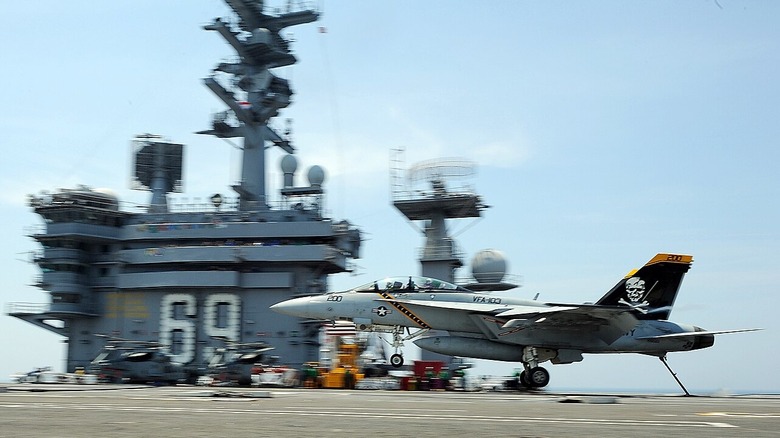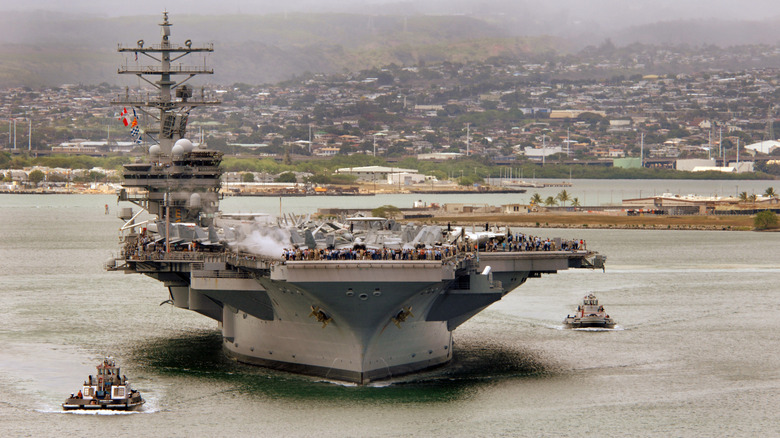16 January 2026:
Two weeks into the new year and it seems like little has changed or improved! Not sure what we expected, but I guess "hope springs eternal!" So on we go. Now, at the risk of offering more "shipwreck" information, (we have been accused of being nothing but a shipwreck site in the past) we bring you from Fox News an interesting piece on the unusual artifacts found in some of the wrecks - possibly some of the ones we have written about in these pages.
~~~~~~~~~~~
When thinking about items on a shipwreck, one might imagine a treasure chest full of coins, stacks of gold bars, ship cargo or passengers' personal belongings. But inside some wrecks lie even rarer artifacts.
These objects are unique, priceless and once-in-a-lifetime discoveries which have caused some shipwrecks to become legendary.
From 200-year-old beer to rare emeralds, here are five of the most unique items found on a shipwreck:
17th-Century Cheese
Coming in first on the list is 17th-century cheese. A group of divers came across a tin can of cheese while exploring a 300-year-old shipwreck, the Kronan.
When the divers brought the can up to the surface, they were able to get a whiff of the stinky cheese.

Some divers told local news outlets that the cheese smelt like a mixture of yeast and Roquefort. They also didn’t recommend tasting it.
The Kronan was a battleship that sank in 1676 off the coast of Sweden after a battle against a Danish-Dutch Fleet. Since its discovery in 1980, archeologists have found more than 30,000 artifacts.
A Now-Endangered Fish
Second on the list is a now-endangered fish. In the late 90s, a group of marine archeologists found a barrel that contained nearly a whole fish on the Gribshunden.
This ship sank in 1495 after it caught on fire in the Baltic Sea. But before its demise, the Danish King Hans set sail on this ship from Copenhagen to Kalmar, Sweden.
Hoping to claim the Swedish throne, the king brought a 6-foot sturgeon with him to dazzle the Swedish royal court. This fish was known to be a luxurious item in the 15th century.

One night when the King wasn’t onboard the ship, the Gribshunden caught on fire and sank to the bottom of the Baltic Sea.
The Atocha Emeralds
Lost at sea for over 360 years, the Atocha emeralds were found in 1985 by a team of treasure hunters. [Mel Fisher's group]
The treasure hunters found about 70 pounds of emeralds and several tons of silver. One of the emeralds that were found weighed more than 25.87 carats.
The Atocha emeralds are worth more than $400 million.

The emeralds were found on the Nuestra Señora de Atocha, which was part of a fleet of Spanish ships. The fleet of ships sank off the coast of the Florida Keys in 1622 from a hurricane.
200-Year-Old Beer
It was discovered in the early 1990s off the coast of Sydney, Australia, when a team of marine archeologists found sealed glass bottles of beer inside the wrecked merchant ship, the Sydney Cove.
The ship was transporting goods from India to Port Jackson when the vessel encountered bad weather and was heavily damaged in 1797.
The vessel laid undisturbed for over 170 years until it was rediscovered in 1977.
When the team found the 18th-century booze, they uncovered that there was a rare yeast hybrid strain still inside the bottles.
This rare strain was no longer used by modern brewers until 2018, when an Australian brewery worked with a group of scientists to turn the rare yeast into porter-style beer that can be bought at local stores.
The Antikythera Mechanism
Last on the list is the Antikythera Mechanism. This mechanism was found in 1901 on a Roman ship that sank near the Greek island of Antikythera in the first century BCE.

When divers first found the object, no one could figure out what it was. But decades later, scientists found out that the Antikythera Mechanism was used to predict celestial events.
The device was programmed with calculations which caused it to forecast eclipses, phases of the moon and other astronomical cycles.
Some call the Antikythera Mechanism the world's oldest analog computer.
~~~~~~~~~~~~
So, some pretty unusual items we think! Of course the chests of coins and precious stones were there too, but these things were/are unique!
Stay safe this week, stay warm (if you are in winter weather!) and enjoy your life!
Until next time,
Fair Winds,
Old Salt










